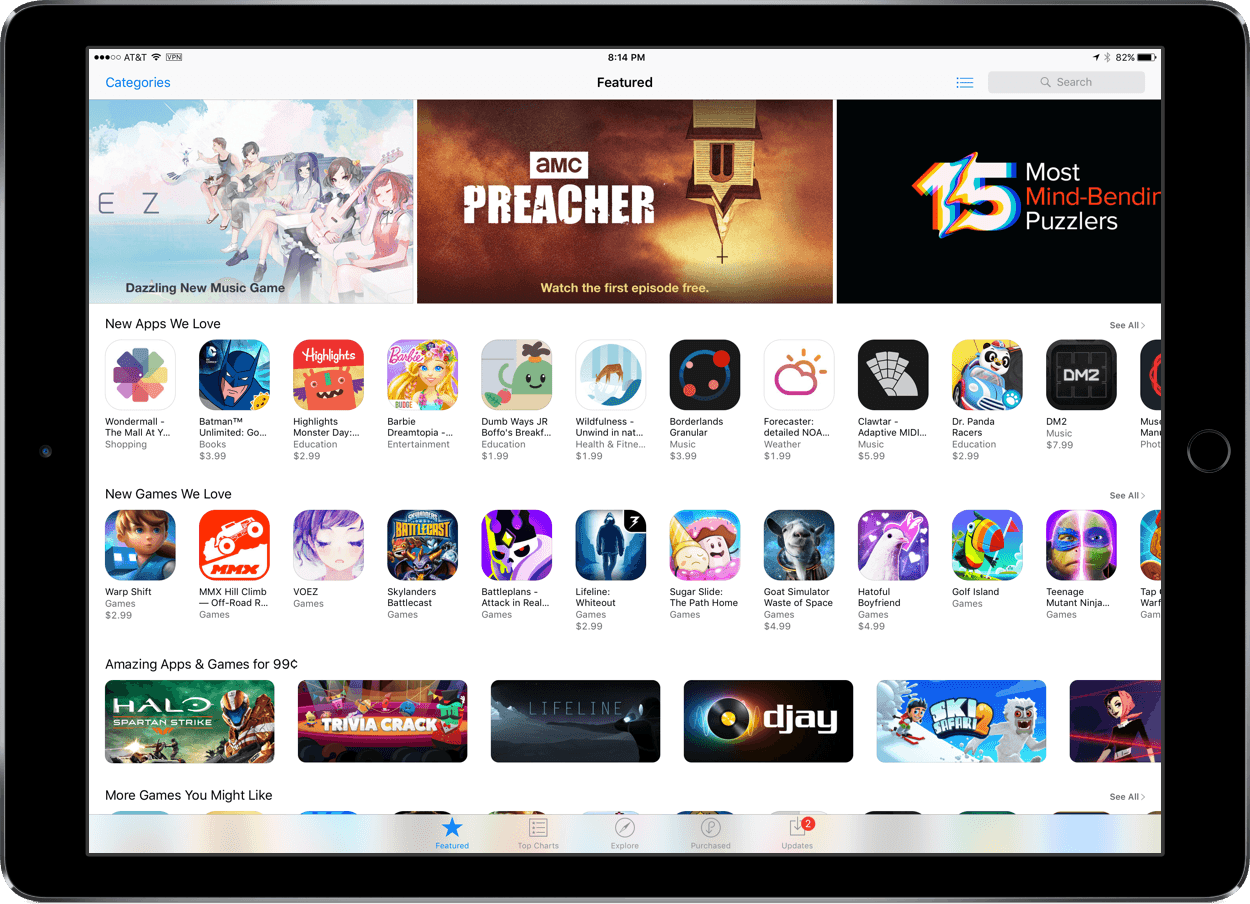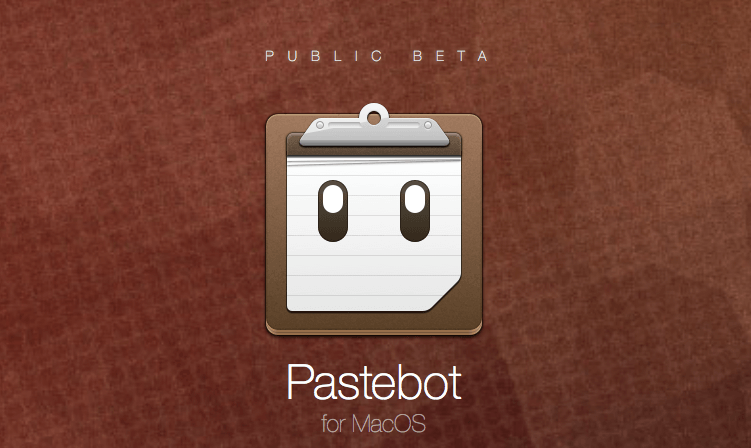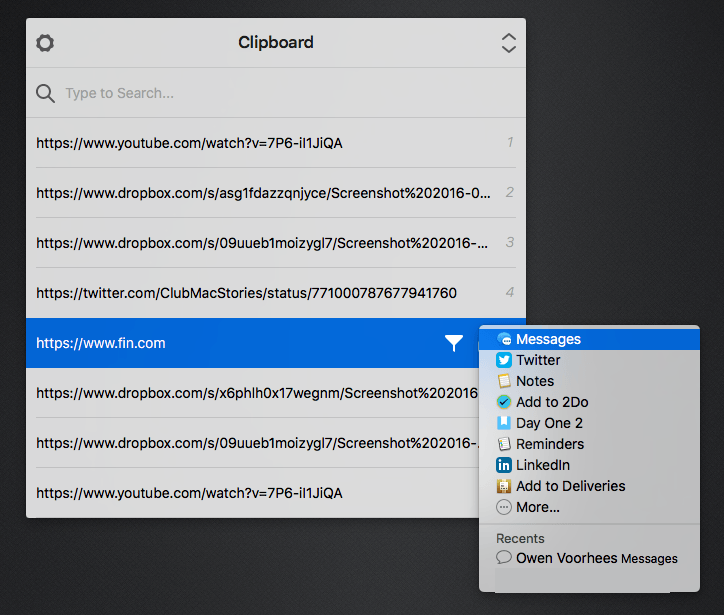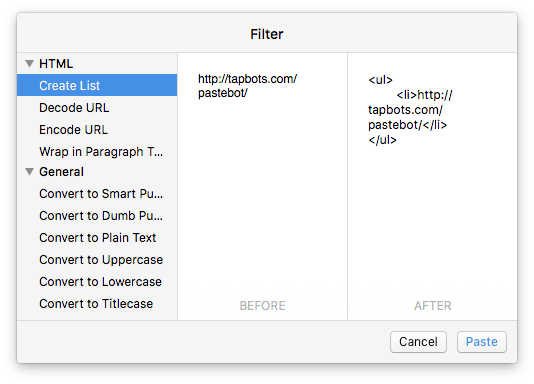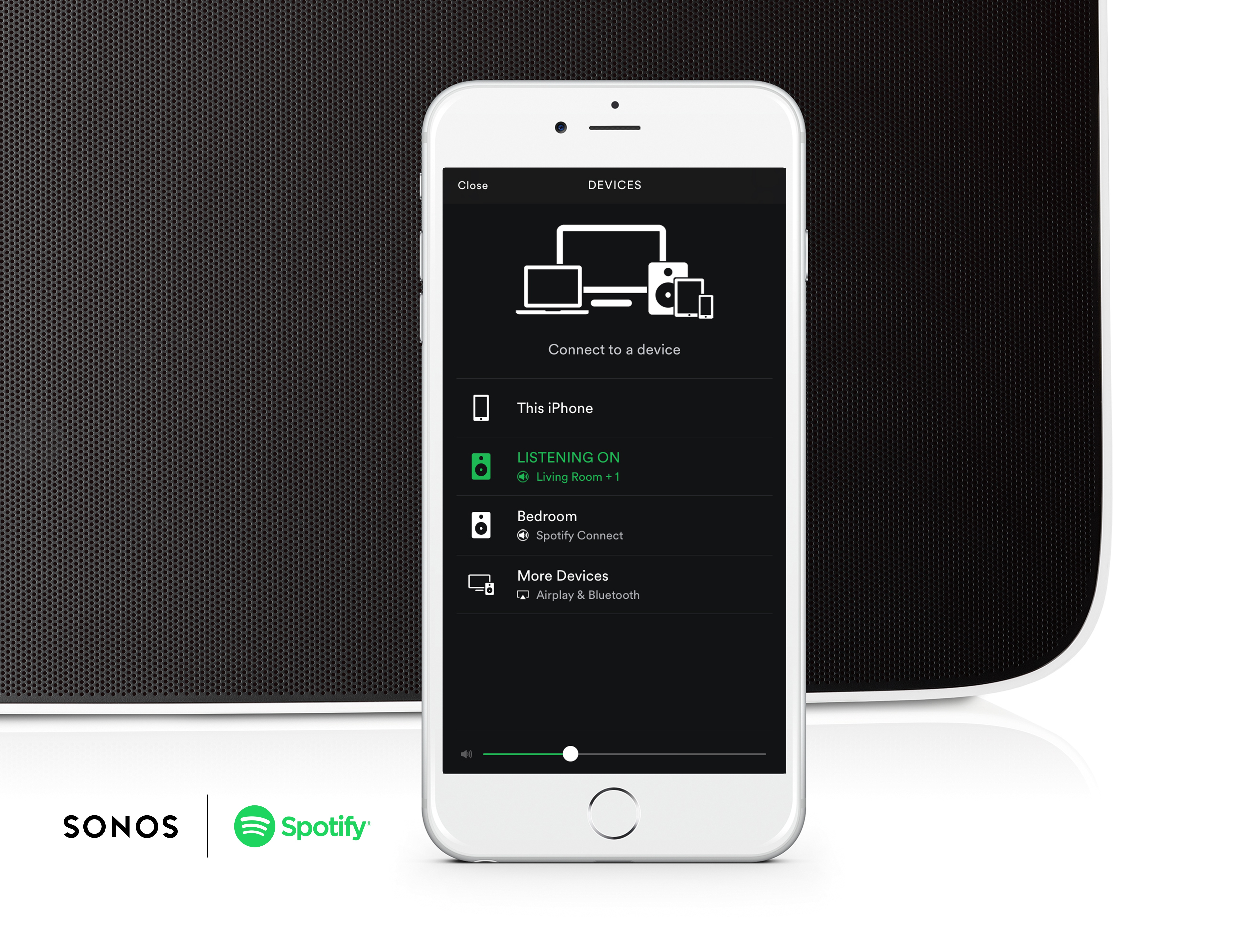David Smith is an independent developer who launched his first iOS app in 2008. He’s seen a lot of change in the App Store since then, which he chronicles in an insightful post on his blog. Smith examines the revenue his apps have generated since 2012 and the pattern is unmistakable. Around 2013, the majority of his revenue flipped from being primarily from paid sales to advertising.
Looking back, Smith concludes that:
…the change is mostly been in the App Store market, rather than in my own attitudes. In many cases adding advertising to my apps has been something I’ve fought and resisted as long as possible. But in the end the pragmatic answer has been to not swim upstream and instead follow where my customers have moved to.
The market has been pulling me along towards advertising based apps, and I’ve found that the less I fight back with anachronistic ideas about how software “should” be sold, the more sustainable a business I have.
Smith readily acknowledges his experience is just one data point in a large App Store. If you’ve followed the fortunes of independent app developers over this period though, his conclusion rings true.
Be sure to visit Smith’s website to see the charts breaking down the components of his apps’ revenue. The short-term impact of app launches on overall revenue is an interesting footnote to the post’s main focus.





